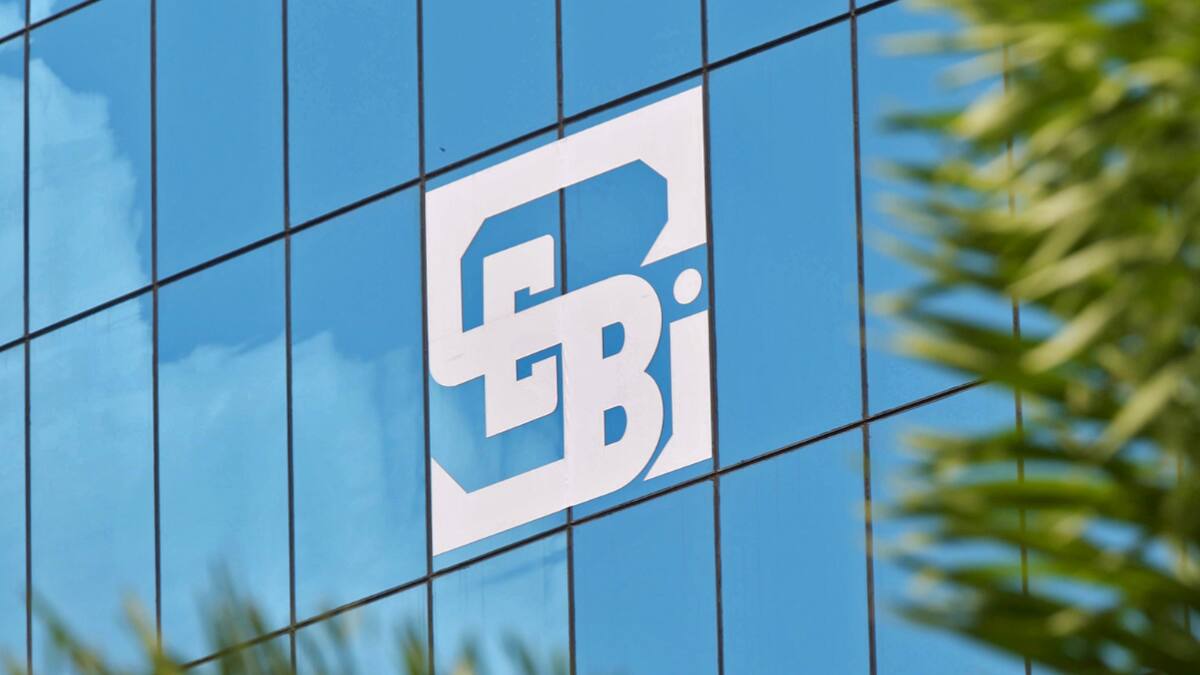By Siddhant Mishra
Sebi on Tuesday announced that active mutual fund (MF) schemes have to limit investments in debt instruments issued by a single issuer, based on the credit rating. Similar caps already exist for passive funds, such as exchange-traded funds, and are intended to reduce the risk from a fund’s assets concentrated in securities of a single company.
A circular by the regulator said active MF schemes shall not invest more than 10% of its net asset value (NAV) in debt instruments issued by a single issuer, comprising money market and non-money-market securities rated investment grade or above. The overall limit may be extended to 12% of the NAV of the scheme with prior approval of the board of trustees and board of directors of the asset management company.
According to new rules, an MF scheme shall not invest more than 10% of its net asset value in debt and money market securities of companies rated ‘AAA’. For companies rated ‘AA’, the exposure cannot be larger than 8%, while it is set at 6% for ‘A’-rated companies.
The norms will be applicable for all new mutual fund schemes launched from Tuesday, while existing schemes will be exempt until the maturity of the underlying debt and money market securities.
Also Read: Sebi to bring settlement scheme for brokers facing action in illiquid stock option cases
Sebi said the long-term rating of issuers shall be considered for money market instruments, in the absence of which the most conservative long-term rating shall be taken for a given short-term rating, based on credit rating mapping of rating agencies between short-term and long-term ratings. Further, exposure to government money market instruments such as TREPS (Tri-Party Repo) on G-Sec/T-bills shall be treated as exposure to government securities.
The market watchdog had introduced credit risk-based single-issuer limits for debt ETFs/index funds to effectively manage risks associated with such investments, via an earlier circular in May on ‘Development of Passive Funds’.



